
How Barcelona Left Lionel Messi ‘Deceived and Betrayed’ After Cruelly Dashing His Return Dream
The Fairytale That Never Was
For years, Barcelona and Lionel Messi were inseparable — two entities that defined each other, two names intertwined in footballing poetry. So when the whispers of a return began to grow in early 2023, fans dared to dream again. The idea of the Argentine GOAT walking back into the Camp Nou, wearing the Blaugrana colors, felt like destiny correcting itself after the heartbreak of 2021.
But what began as hope ended in heartbreak — again. What Messi saw as a homecoming became another wound, leaving him feeling, as reports in Spain have put it, “deceived and betrayed.”
This wasn’t just another failed transfer. This was the unraveling of a dream that both sides once seemed destined to fulfill.
Messi Reaches Out: A Reunion in Motion
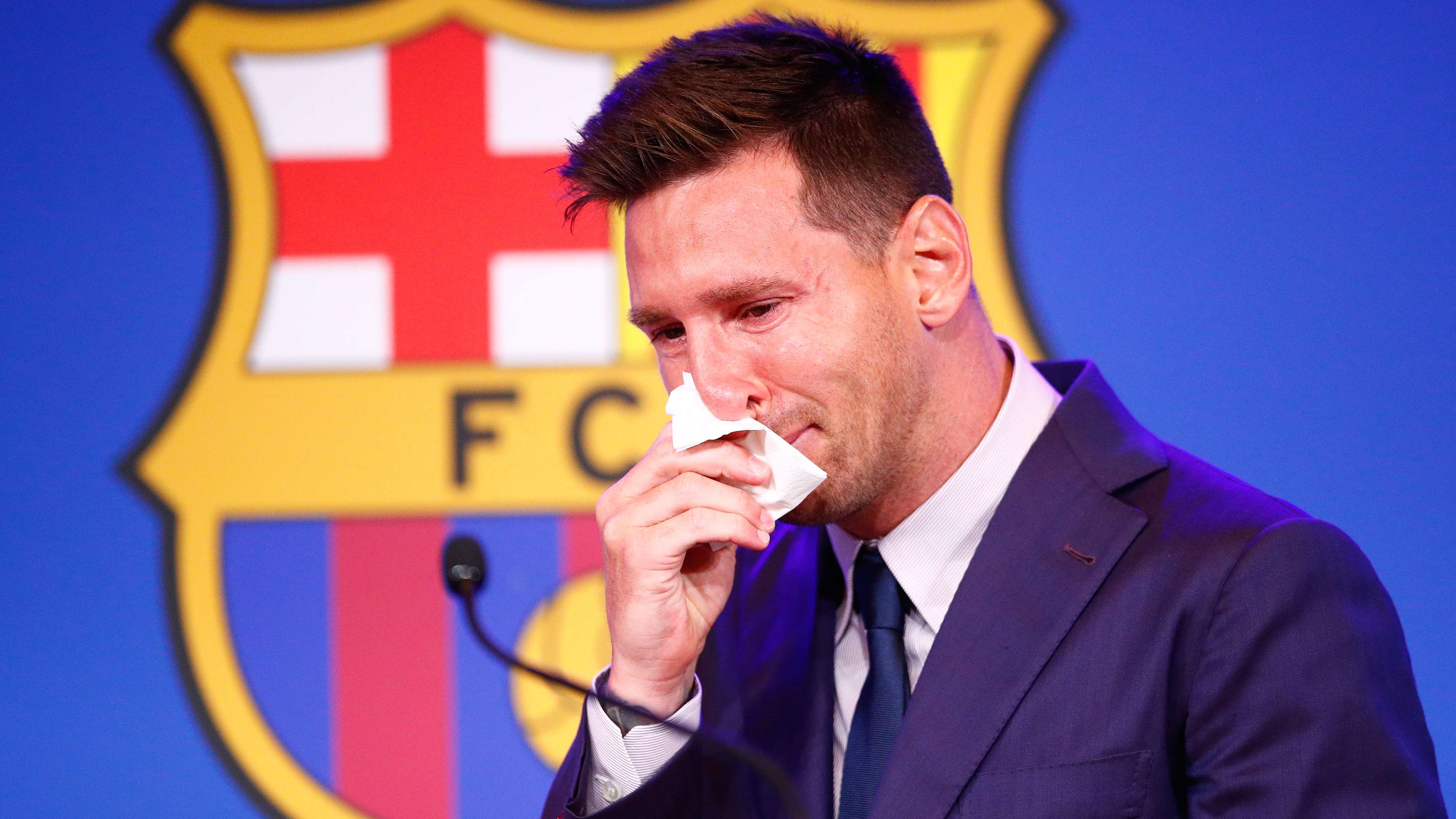
LIonel Messi Barcelona
It all began shortly after Messi lifted the 2022 World Cup in Qatar — the final missing piece in a glittering career. Having endured two turbulent years in France, where life at Paris Saint-Germain never quite felt like home, Messi began to look back to Barcelona with renewed longing.
According to Spanish outlet Mundo Deportivo, the contact was personal and heartfelt. On January 6, 2023, Messi reached out directly to Xavi Hernández, his former teammate and then Barcelona head coach. A day later, Barca started working on the idea of bringing their prodigal son home.
Those early conversations were full of optimism. Both sides were excited. For Messi, it wasn’t about money — it was about closure, legacy, emotion. For Barcelona, it was a chance to reconnect with their soul after years of instability.
Club executives reportedly told Messi’s entourage that the club’s financial situation was improving, that La Liga approval could be secured, and that the return was “only a matter of time.” The Argentine, ever the professional, even signaled his willingness to accept a significant wage cut to make the move possible.
The pieces seemed to be falling into place. Fans began whispering about “Messi 2.0.” Camp Nou, though under renovation, buzzed with expectation. It felt inevitable.
Until it wasn’t.
The Day the Dream Died
Fast forward six months. Barcelona had just clinched the 2022–23 La Liga title. The city was celebrating, Xavi’s side were smiling, and Messi’s name was on everyone’s lips. This, it seemed, was the perfect moment for an emotional reunion.
But instead of a phone call confirming his return, Messi received a message that shattered everything. According to reports, “the highest levels” at Barcelona called the Messi family the day after the title celebrations — not to welcome him back, but to tell him the opposite.
The message was short and devastating: “The transfer can’t be done.”
Inside Messi’s camp, the reaction was pure devastation. They had believed — genuinely — that the deal was progressing. Months of communication, assurances, and preparation evaporated in an instant. For Messi, it wasn’t just a professional disappointment. It was deeply personal.
Those close to him said he felt “deceived and betrayed” — not by the fans, not by Xavi, but by the institution itself. The same club that once called him family had now twice let him down at his most vulnerable moments.
First, in 2021, when La Liga regulations and Barcelona’s financial mismanagement forced him out against his will. And now, in 2023, when promises of a homecoming were broken at the final hurdle.
Why the Deal Collapsed
Behind the scenes, the story was complicated. Barcelona’s financial reality — even after cost-cutting and player sales — remained dire. La Liga’s strict Financial Fair Play rules meant that even a drastically reduced Messi salary could not be accommodated without triggering further penalties.
President Joan Laporta, who had publicly vowed to “bring Leo home,” reportedly overestimated how much flexibility the club would have under La Liga’s regulations. Internal optimism gave way to bureaucratic dead ends.
There were also questions of optics. Could Barcelona really justify re-signing a 36-year-old, even if that man was Lionel Messi, when the squad needed structural reinforcement elsewhere? Was it the right sporting decision, or just a romantic one?
For Messi, though, those technicalities mattered little. From his perspective, it wasn’t about the fine print — it was about loyalty and respect. The dream had been rekindled, and then snuffed out again.
The Emotional Aftermath
Once the deal collapsed, there was silence — no public statement, no grand explanation. Messi, ever dignified, quietly moved on. Within weeks, he announced his decision to join Inter Miami in Major League Soccer.
The contrast between the two paths could not have been starker. While Barcelona stumbled through bureaucracy and financial constraints, Miami offered him a fresh start — freedom, family time, and the chance to help grow football in the United States.
Yet, even in his new pink shirt, Messi’s heart was still in Catalonia.
“We miss Barcelona a lot,” Messi told SPORT in a reflective interview. “My wife and I, the kids — we’re always talking about going back. We have our house there, everything there. That’s what we want.”
It was a rare moment of candor, revealing just how much Barcelona still means to him. Even now, playing thousands of miles away, the city of his footballing birth remains a part of him.
Laporta’s Response and Damage Control
In the months that followed, Joan Laporta tried to calm the waters. In interviews, he avoided direct blame but emphasized that Messi’s return was simply not “realistic” under the current circumstances.
“Out of respect to Messi, the club staff, and our members, it’s not right to speculate on something that isn’t realistic,” Laporta said. “This is not the moment.”
Spanish journalist Alfredo Martínez echoed that sentiment, posting:
“Under no circumstances is Messi considering a return to Barcelona as a footballer. That chapter is closed. His future lies in Miami, season by season. If he comes back, it will be for the offices — not the pitch.”
Still, the sting remains. Messi’s camp, while maintaining politeness, reportedly felt that Laporta’s words did little to address the emotional damage done.
After all, Messi didn’t want grandeur or guarantees. He wanted closure — to play once more in the colors that defined him, to walk out at Camp Nou one final time as a Barcelona player.
Messi’s Future and a Quiet Promise
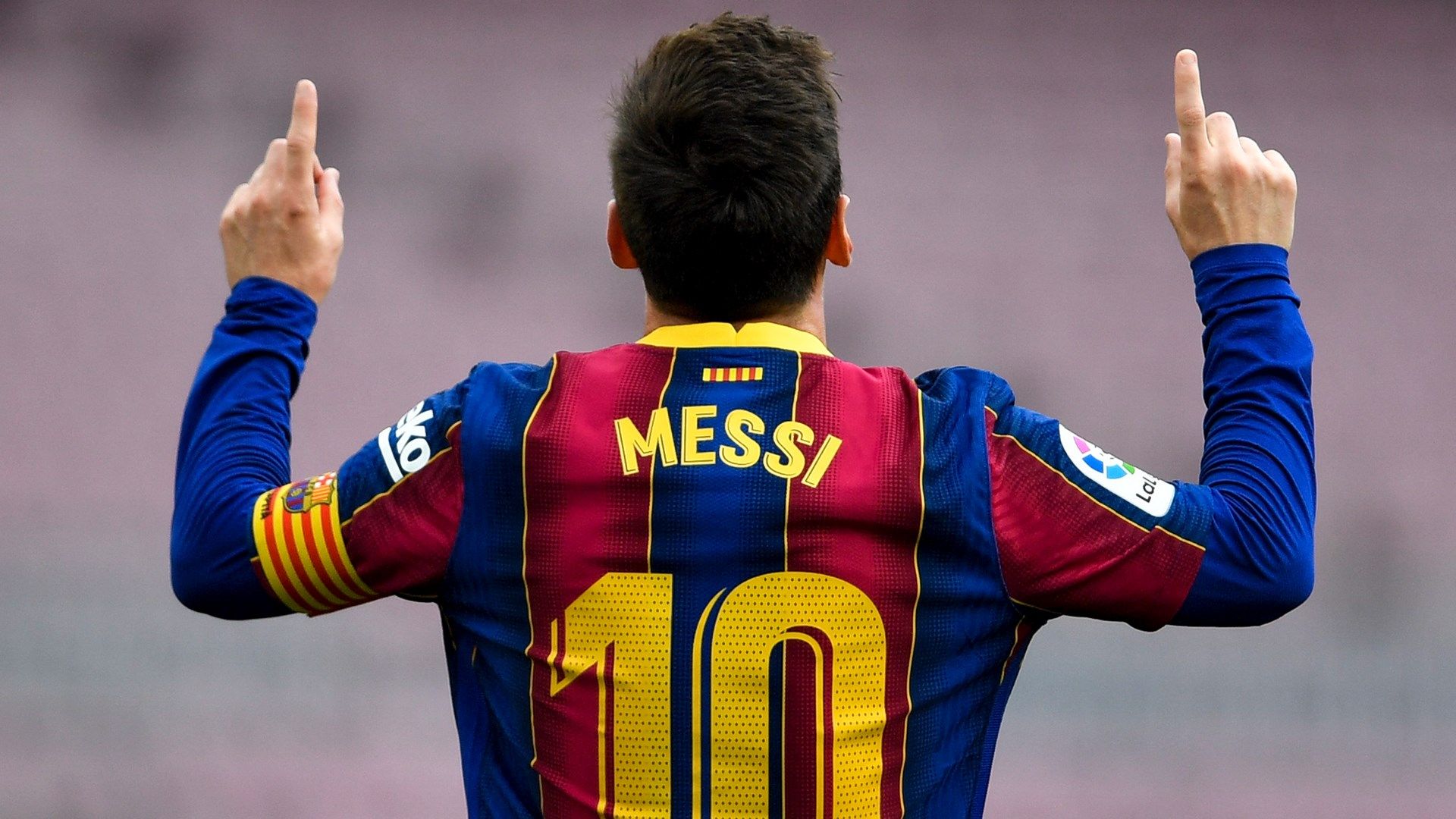.jpeg?auto=webp&format=pjpg&width=3840&quality=60)
Lionel Messi Barcelona 2021
Now 38, Messi’s professional path is clear. His contract with Inter Miami runs through 2028, taking him well into his forties. Yet his future beyond that remains tied, inevitably, to Barcelona.
He has openly expressed a desire to return to Catalonia after his playing days — to settle there with his family, and perhaps take up a role within the club’s sporting structure.
“I’m really looking forward to going back to the stadium when it’s finished,” Messi said. “Since I left for Paris, I haven’t been back to Camp Nou, and now they’ve moved to Montjuïc. But one day, I’ll be there again.”
Sources close to both parties even suggest that a farewell match or exhibition game could still happen — a symbolic chance for Messi to grace the Barcelona pitch one final time.
Earlier this year, Messi quietly visited the Camp Nou redevelopment site in private. Even Laporta later admitted he didn’t know about the visit until after it happened. It was, in many ways, a quiet pilgrimage — a man visiting the ruins of his own legend.
A Legacy Too Big to Break
The irony in all of this is that Messi doesn’t need Barcelona to cement his legacy — yet Barcelona needs Messi to preserve its soul. The two are intertwined, even when apart.
Every goal, every assist, every trophy from the club’s golden era carries his signature. No matter where he plays now, Messi remains Barcelona’s greatest ever ambassador — its identity in human form.
And yet, beneath the nostalgia lies a deep sadness. Twice now, the relationship that built modern football’s most beautiful dynasty has been fractured by financial chaos and administrative failure.
For the fans, Messi’s absence still feels surreal. For Messi himself, the wounds may have healed, but the scars remain.
When the renovated Camp Nou finally opens its doors, and Messi walks through them once more — whether in a suit or in a testimonial kit — it will be more than a reunion. It will be redemption, closure, and perhaps a long-overdue apology written in applause.
The End of a Chapter, Not the Story
In the end, Lionel Messi’s return to Barcelona never happened — at least not as a player. But to believe the story ends there would be to misunderstand what Messi and Barcelona mean to each other.
He may never wear the Blaugrana shirt in competition again, but his spirit will forever linger in every touch, every chant, every young player wearing the No.10 with hope.
Messi didn’t need to come back to belong. He never really left.











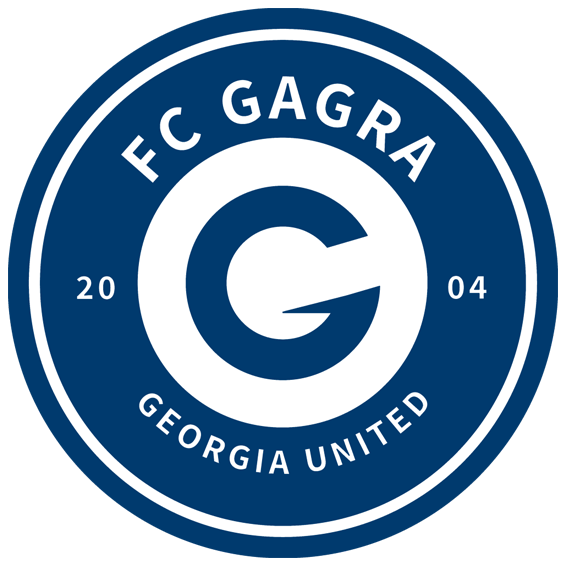








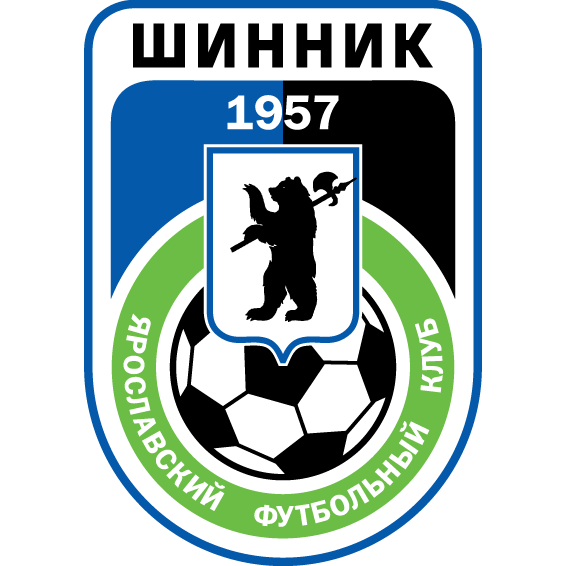

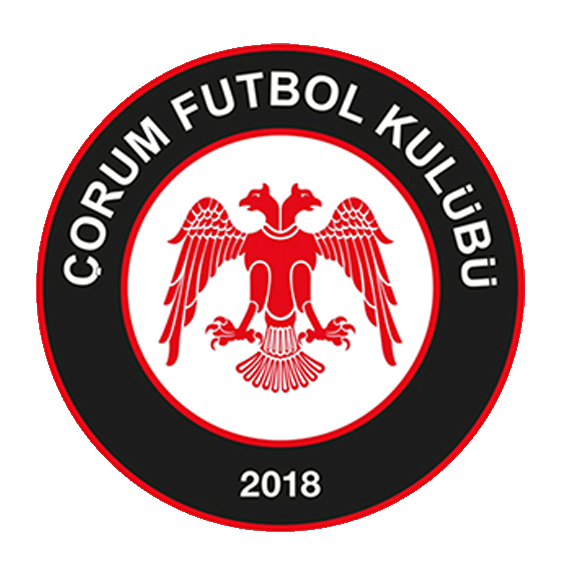


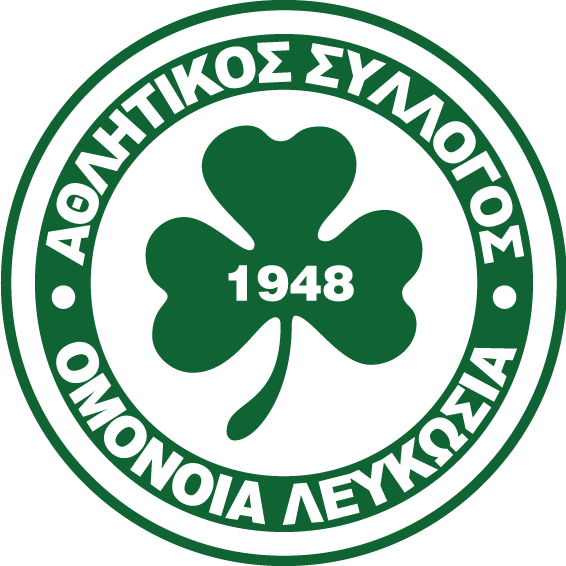
























There are no comments yet. Be the first to comment!